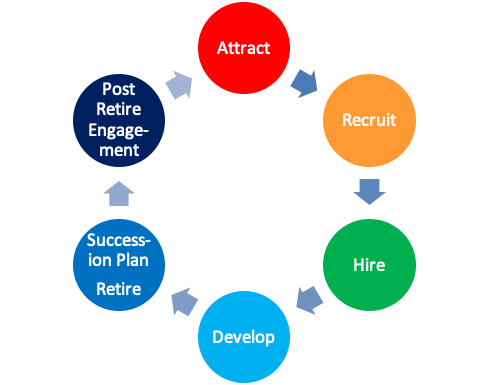Main Second Level Navigation
Feb 5, 2019
Chair's Column: Introducing the DoM Checklist for Annual Activity Review
About Us, Cardiology, Clinical Immunology & Allergy, Clinical Pharmacology & Toxicology, Division of Dermatology, Education, Emergency Medicine, Endocrinology & Metabolism, Faculty, Gastroenterology & Hepatology, General Internal Medicine, Geriatric Medicine, Hematology, Infectious Diseases, Medical Oncology, Nephrology, Neurology, Occupational Medicine, Palliative Medicine, Physical Medicine & Rehabilitation, Quality & Innovation, Research, Respirology, Rheumatology


 Our faculty are our most precious resource. This is why mentorship across the academic lifespan is
Our faculty are our most precious resource. This is why mentorship across the academic lifespan is 
